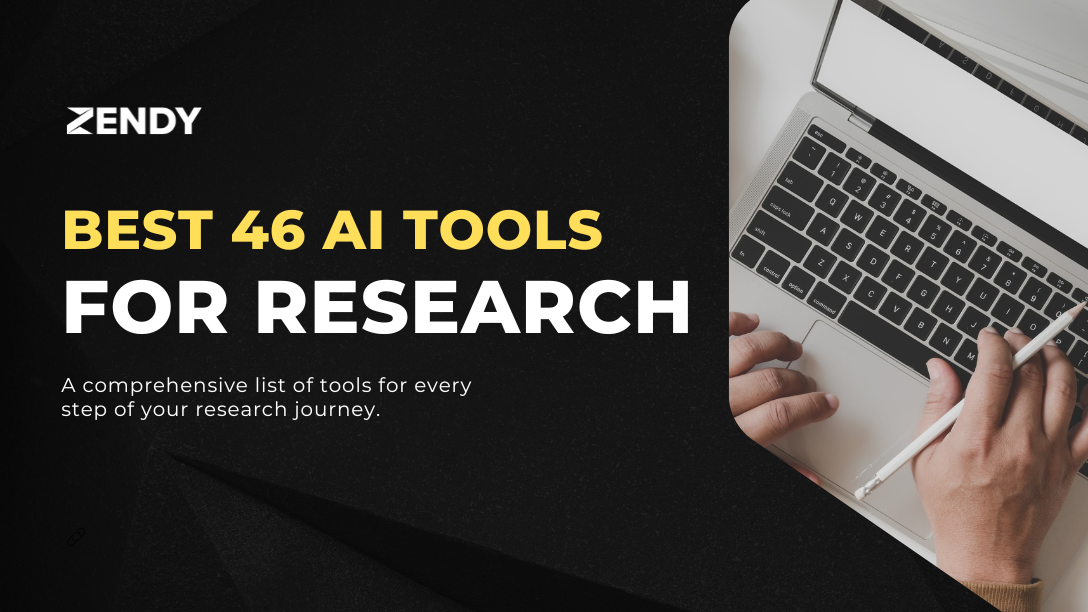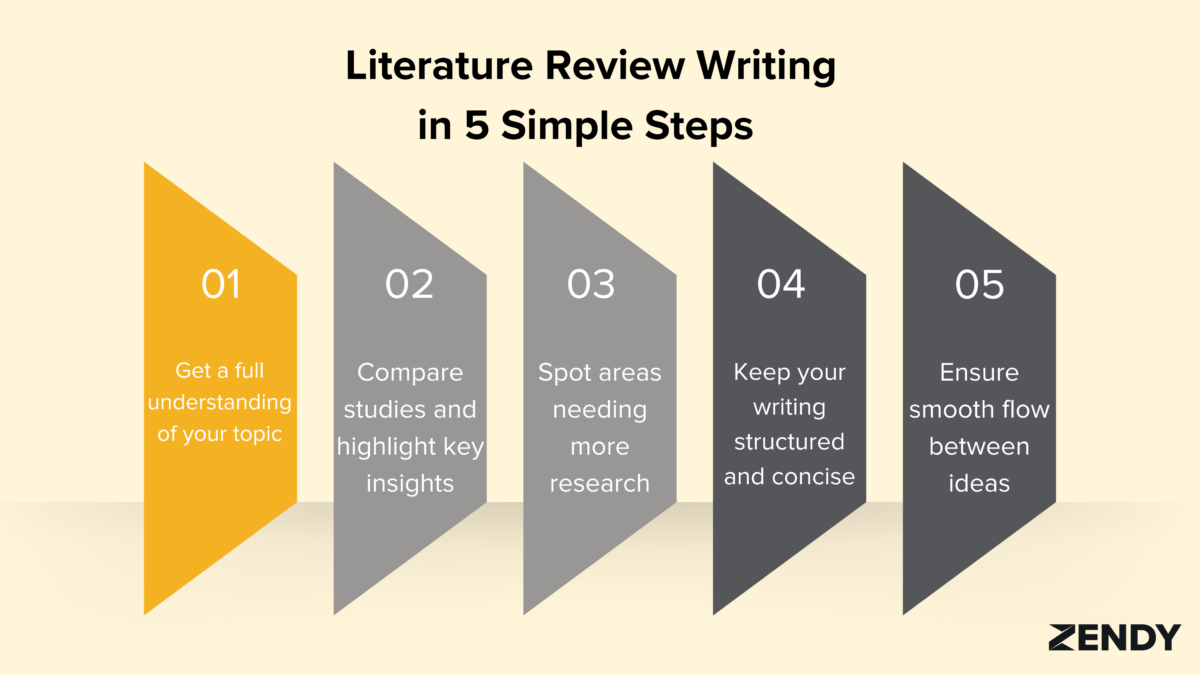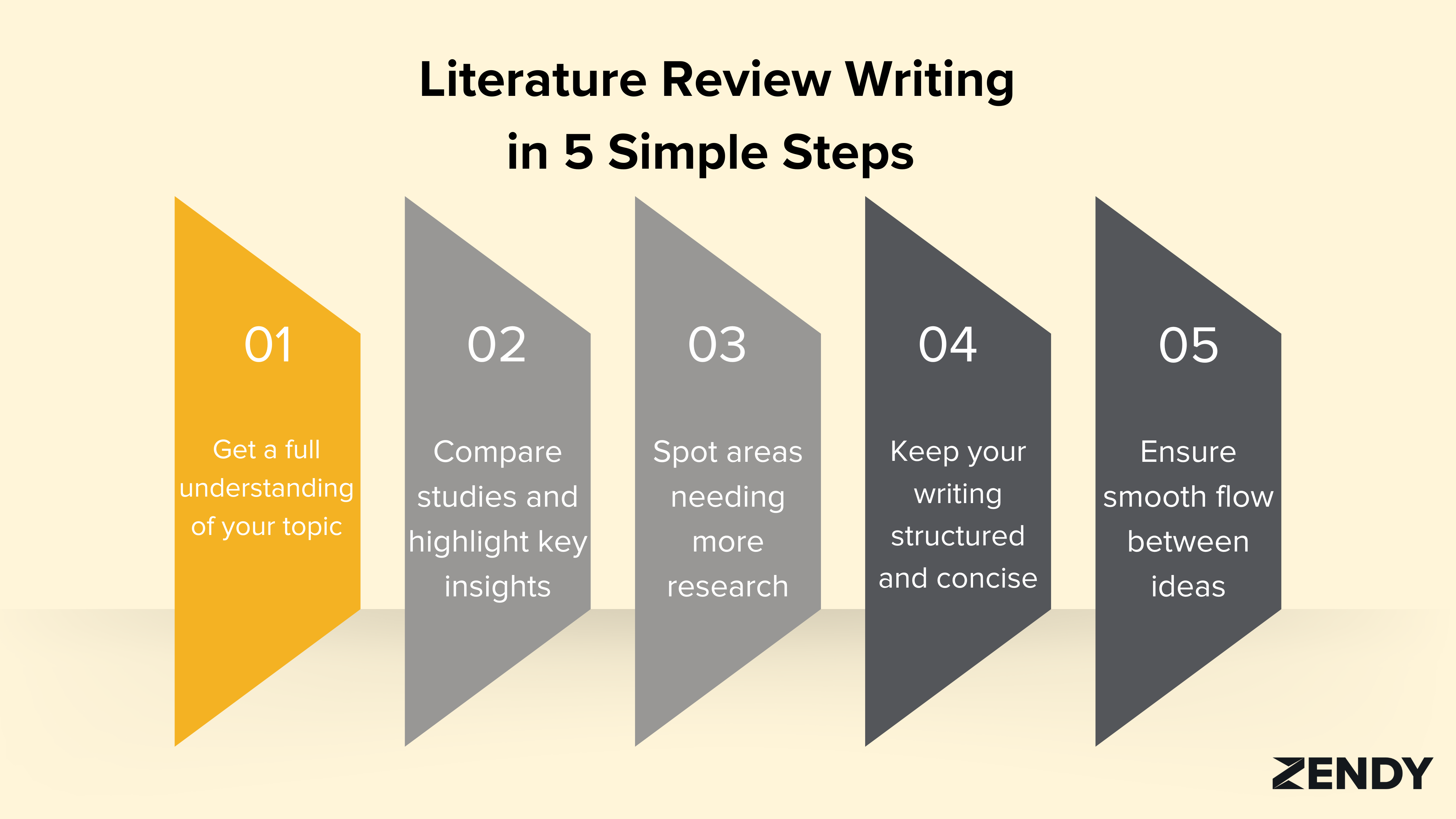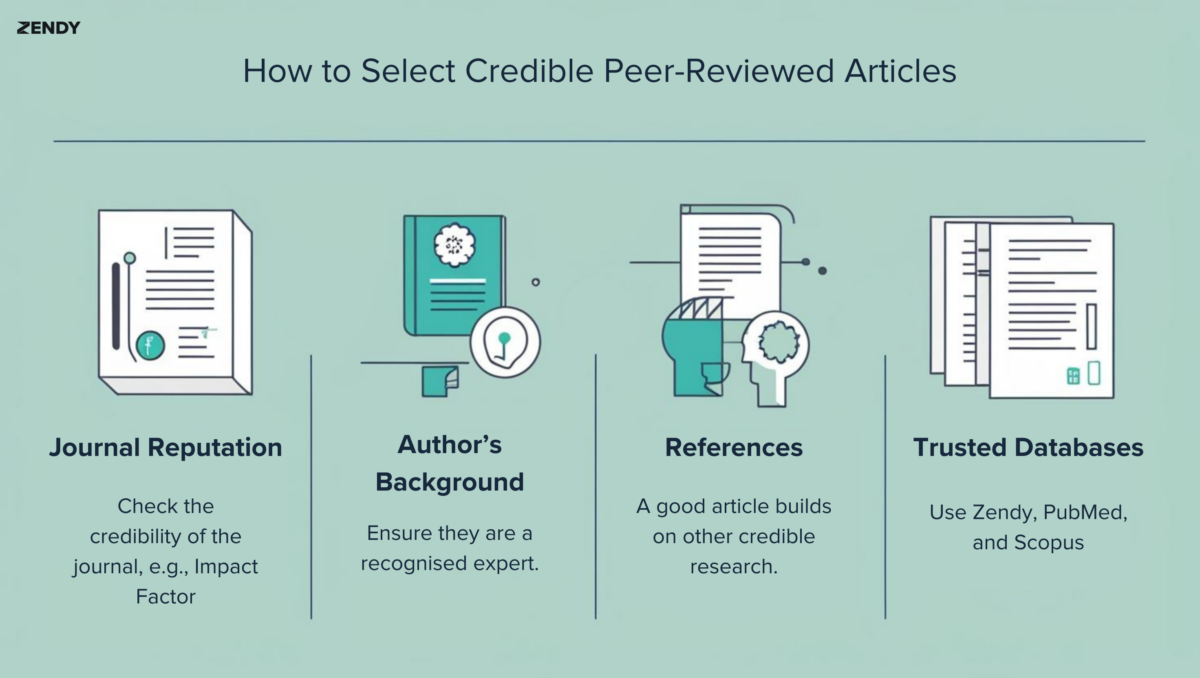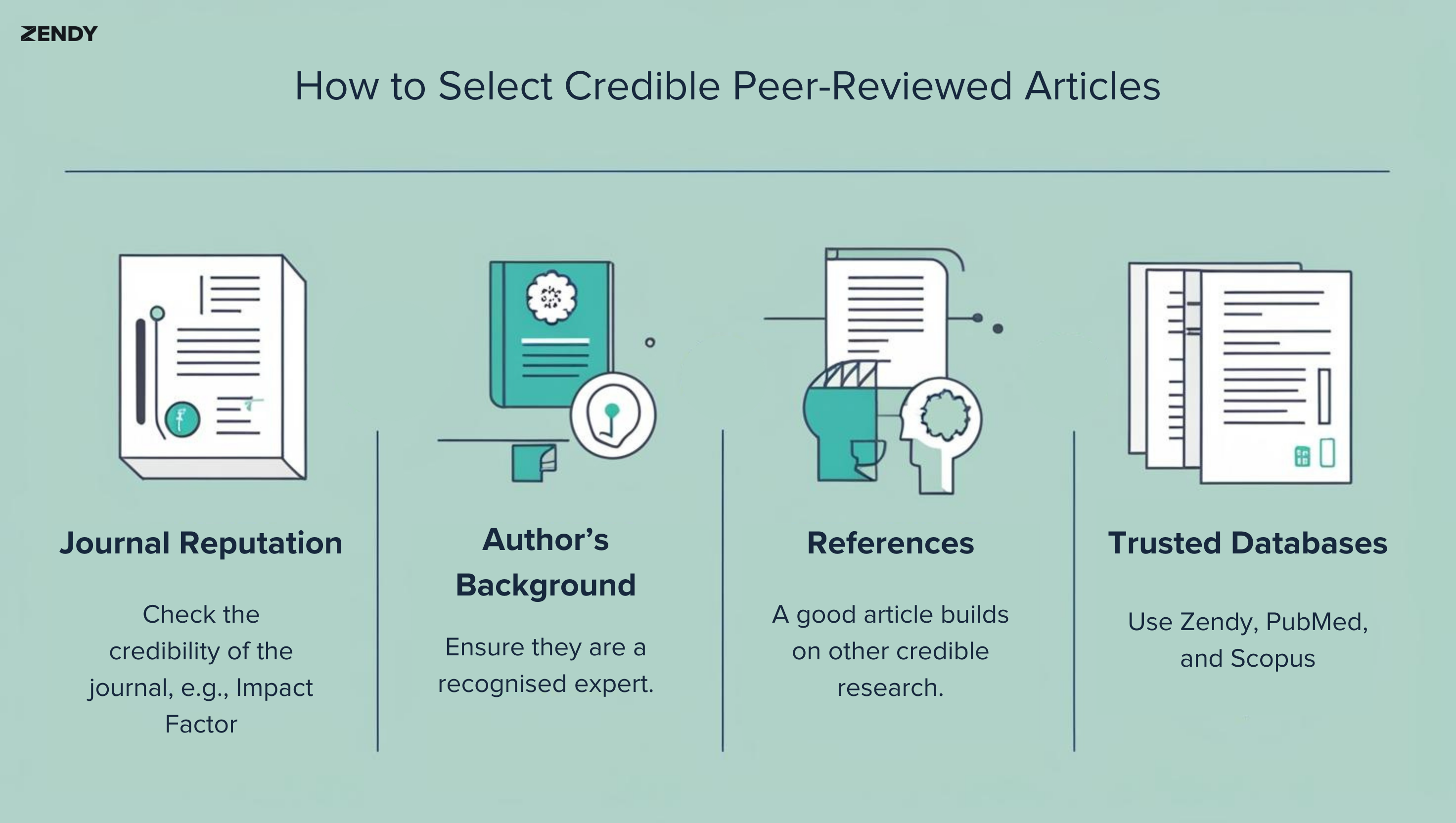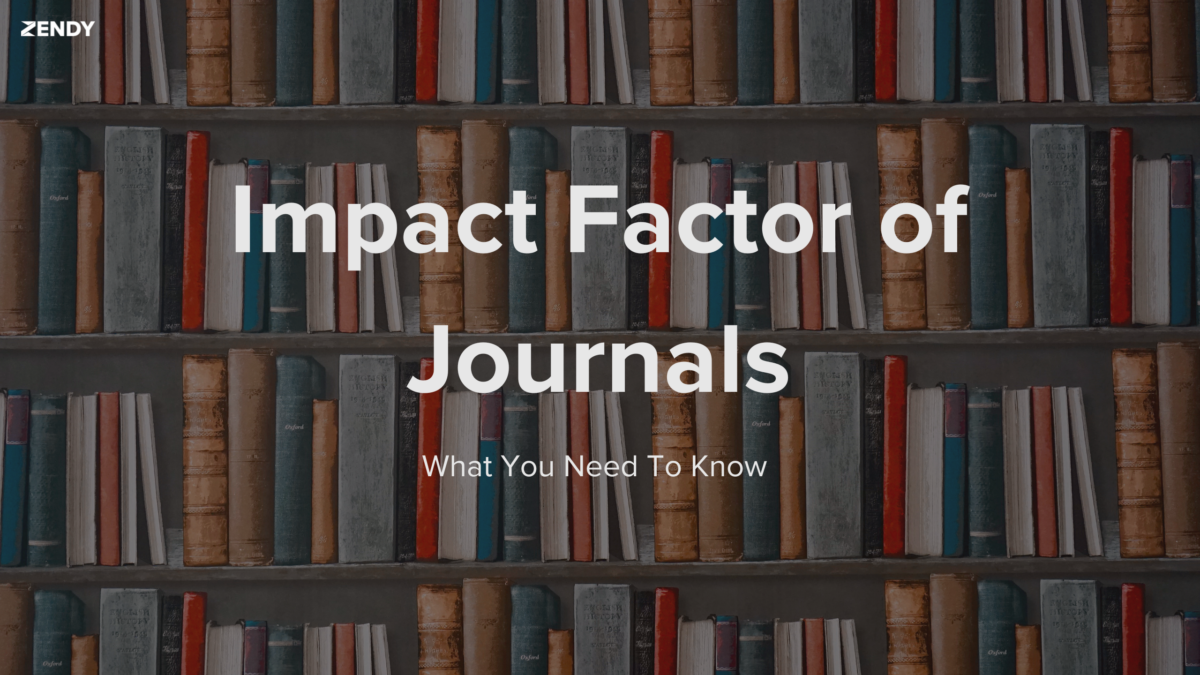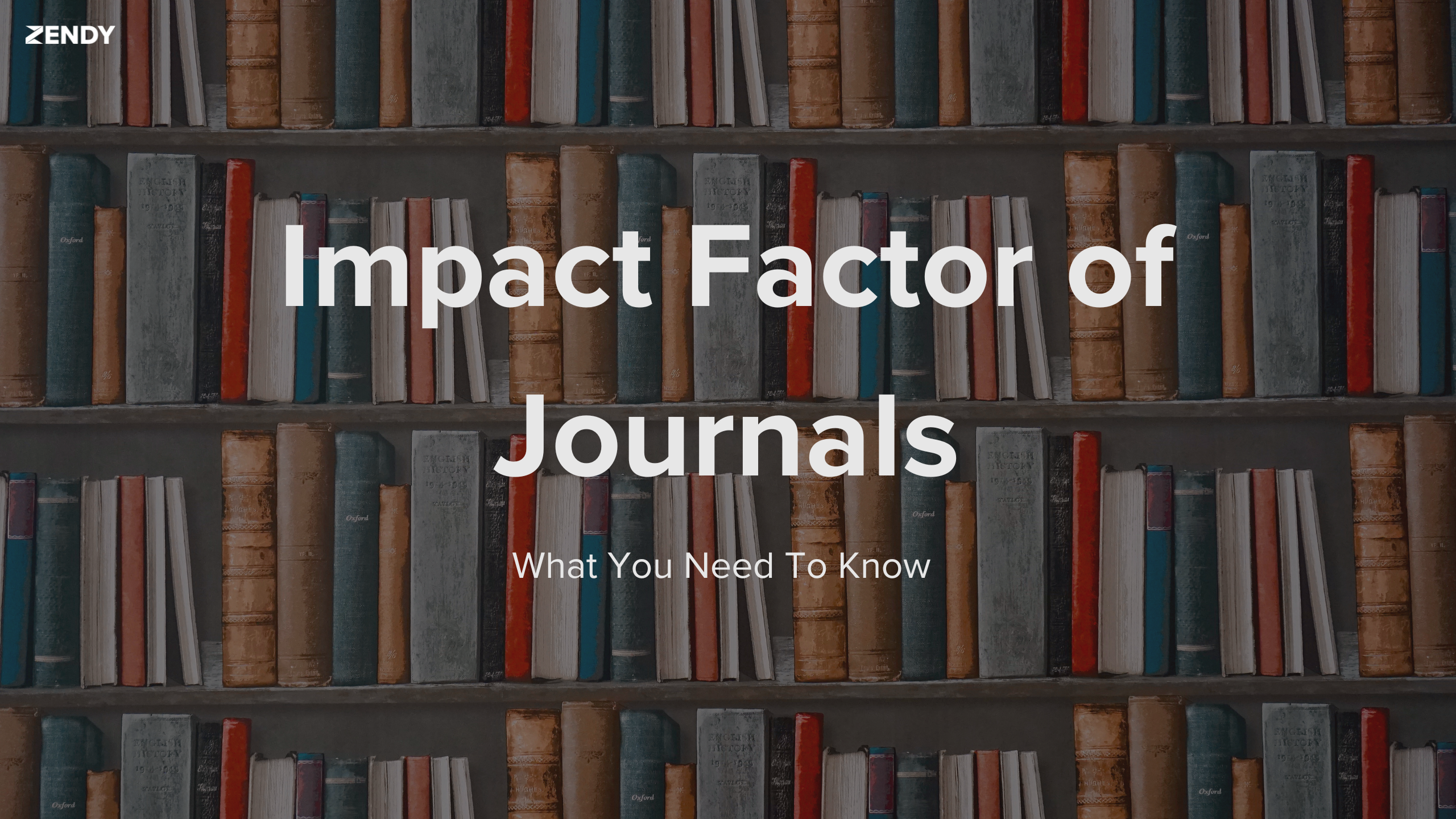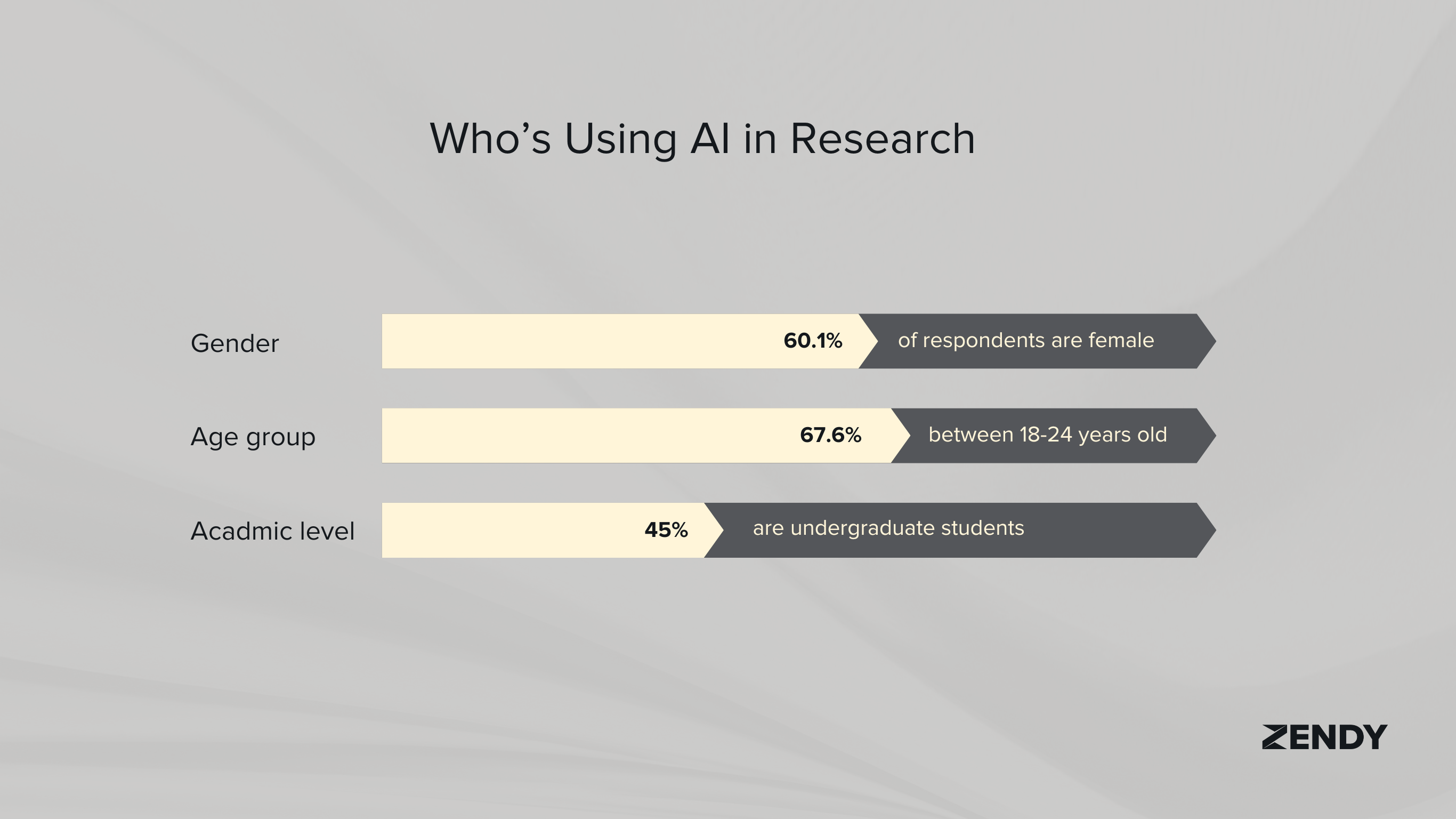
Many researchers work outside of universities or formal institutions. These independent researchers often rely on public access to scholarly research to study, write, or contribute to their fields.
However, access to scholarly research is not equal. Most academic journals are behind paywalls, which means users must pay to read them unless they are affiliated with an institution that pays for access.
In this blog, we’ll explore the structure of academic publishing and how it affects independent researchers. We’ll break down the current challenges, the systems in place, and recent developments designed to improve research accessibility.
Why Research Accessibility Matters
Research accessibility refers to how easily someone can read, use, and build upon academic studies. For independent researchers, access is often limited because they lack university or library credentials required to unlock paywalled content.
A large portion of scholarly research remains behind subscription paywalls. Many journal articles cost between $30 and $50 each, and full journal subscriptions can reach thousands of dollars per year.
These costs create a divide between researchers affiliated with institutions and those working independently. Independent researchers may be excluded from current findings, which restricts their ability to contribute to academic conversations.
Without equal access, knowledge development becomes uneven. Some communities and individuals are left out, creating a gap in who can participate in scientific and scholarly work.
Understanding Open Access Models
Open access (OA) refers to academic research that anyone can read online without paying. There are different types of open access, and each works in a specific way.
1. Gold Open Access to Scholarly Research
Gold open access means that the final version of a research article is freely available on the publisher’s website. The author or their funder usually pays a fee to make the article open.
Researchers can find gold open access content in fully open access journals listed in the Directory of Open Access Journals (DOAJ). These journals allow anyone to read and download the scholarly research directly from the publisher.
- Reader benefit: Immediate access to the final, formatted version of articles
- Limitation: Authors often pay fees ranging from $500-$3000 to publish
2. Green Open Access
Green open access is when authors share a version of their article in a free online repository. This version may be a preprint (before peer review) or a postprint (after peer review but before journal formatting).
Repositories like arXiv.org specialise in many disciplines, and bioRxiv.org for biology, host these papers. These platforms do not require any affiliation to access the content.
- Reader benefit: Free access to research content, often before formal publication
- Limitation: The version available might not be the final published version
3. Diamond Open Access
Diamond open access journals make articles freely available to read and do not charge authors any fees to publish. Neither readers nor authors pay. One good example of diamond open access is KnE Publishing, an open access publishing service by Knowledge E, provides high-quality publishing services to support the development and advancement of diamond open access journals, with a particular focus on increasing the visibility and accessibility of scholarly research.
This model is often supported by academic institutions or non-profit organisations. The Free Journal Network lists many of these journals.
- Reader benefit: Completely free access with no barriers
- Author benefit: No publication fees to share research
| Open Access Model | Who Pays | Where to Find | Version Available |
| Gold | Authors/funders | Publisher websites | Final published version |
| Green | No one (usually) | Repositories | Preprint or postprint |
| Diamond | Institutions/grants | Publisher websites | Final published version |
Practical Tools For Independent Researchers
Independent researchers need affordable ways to find and use scholarly research. Several tools make this process easier.
AI Summarisers
AI summarisers extract the main points from academic papers. These AI tools help researchers quickly understand if a paper is relevant to their work without reading the entire document.
Zendy’s AI summarisation tool identifies key findings, methods, and conclusions from scholarly research papers. This saves time when reviewing large amounts of literature.
- Time-saving: Condenses hours of reading into minutes
- Comprehension aid: Helps readers understand complex academic language
Literature Discovery Tools
Discovery tools help researchers find academic papers and locate free versions when available.
Google Scholar indexes scholarly research and sometimes links to free versions.
Zendy uses AI to recommend relevant papers based on your interests.
Browser extensions like Unpaywall and Open Access Button automatically find legal, free versions of paywalled articles.
- Broader search: Searches across multiple journals and repositories at once
- Free alternatives: Identifies open access versions of paywalled content
Scholarly Research Reference Manager Tools
Reference manager tools help organise research papers and create citations. These tools are essential for independent researchers writing their own papers.
Zotero is a free, open-source reference manager that saves papers, creates citations, and integrates with word processors. Mendeley offers similar features with some social networking elements.
- Organisation: Keeps research papers in one searchable library
- Citation help: Automatically formats citations in different styles
Policy Shifts Empowering Independent Scholars
Recent policy changes are increasing the amount of research that is freely available to everyone. These changes help independent researchers access more content without institutional subscriptions.
Plan S requires that research funded by certain organisations be published with open access. This means more high-quality scholarly research is becoming freely available to read.
Many funding agencies now require researchers to share their findings openly. The National Institutes of Health in the US and UK Research and Innovation have policies requiring funded research to be publicly accessible.
Authors are also finding ways to keep their rights to share their work. Rights retention strategies allow researchers to post copies of their articles in public repositories even when publishing in traditional journals.
The trend toward open science continues to grow. More institutions are adopting policies that make research outputs—including data, software, and educational materials—freely available by default.
Ensuring Accessibility For All Researchers
Accessibility in scholarly research goes beyond open access. It also means making content usable for people with disabilities and those using different devices or internet connections.
Universal Design Principles
Universal design makes scholarly research usable by as many people as possible. This includes clear structure, readable text, and compatibility with assistive tools.
Well-designed articles use proper headings, include descriptions for images, and create documents that work with screen readers. These features help all users navigate and understand the content more easily.
Examples of accessible design in scholarly research:
- Structured headings that create a logical outline
- Alternative text for images and diagrams
- Tables with proper headers and simple layouts
- PDF files with proper tagging for screen readers
Assistive Technology Compatibility
Assistive technologies help people with disabilities access digital content. Researchers need to work well with these tools.
Screen readers convert text to speech for people who are blind or have low vision. Text enlargement tools and colour contrast adjusters help people with different visual needs.
When looking for accessible research content:
- PDF accessibility: Look for tagged PDFs that work with screen readers
- HTML versions: Often more accessible than PDFs for assistive technologies
- Plain text options: Simple format that works with most assistive tools
If you need a more accessible version of any scholarly research, you can contact the publisher directly. Many journals now provide alternative formats upon request.
New Innovations in Research Access
The landscape of scholarly access continues to evolve with new models and technologies making research more available to independent scholars.
AI-powered research assistants are changing how people interact with academic literature. These tools can summarise articles, extract key information, and help researchers find connections between papers.
Digital libraries like Zendy are creating alternatives to traditional subscription models. With AI assistants like ZAIA (Zendy’s AI assistant for researchers), these platforms not only partner with publishers to offer access to both open and paywalled content at affordable rates for individual researchers, but also enhance the research experience through AI support.
The future of scholarly research access looks increasingly open and innovative. New technologies and business models continue to break down barriers between knowledge and those who seek it.
FAQs about Accessing Scholarly Research
How can independent researchers find free academic articles legally?
Independent researchers can use open access repositories like PubMed Central and preprint servers like arXiv. Public libraries sometimes offer access to academic databases, and contacting authors directly often results in them sharing their papers.
What makes scholarly research accessible to people with disabilities?
Accessible scholarly research uses proper document structure with headings, provides alternative text for images, creates tables that screen readers can navigate, and offers formats compatible with assistive technologies. Articles in HTML format are typically more accessible than PDFs, and properly tagged PDFs are more accessible than untagged ones.
How do researchers evaluate the quality of open access journals?
Researchers can check if an open access journal is listed in the Directory of Open Access Journals (DOAJ), look for clear peer review policies, verify the journal’s impact factor, and research the editorial board members. Quality open access journals maintain the same rigorous standards as traditional subscription journals.
What AI tool helps independent researchers conduct a literature review?
ZAIA, Zendy’s AI research assistant, helps independent researchers conduct efficient literature reviews by automatically summarising academic papers, extracting key findings, and identifying connections between related studies. Researchers can also use reference managers like Zotero or Mendeley to organise papers and create citations. Literature mapping tools like VOSviewer help visualise research networks and identify influential papers. For comprehensive literature reviews, ZAIA can recommend relevant papers based on your research interests, saving hours of manual searching across multiple databases.
